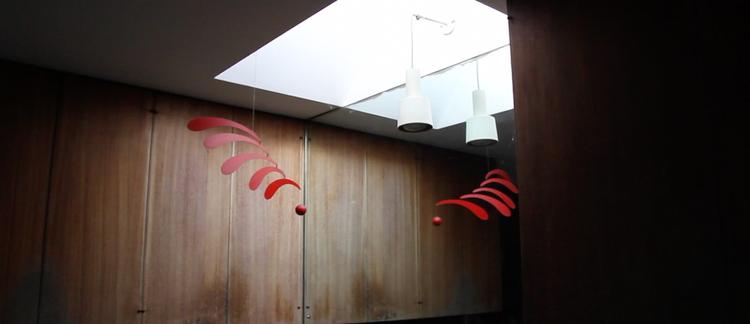Abstract
Critiques of nostalgia, typically from the left, tend to dismiss nostalgic criticism as reactionary and therefore uncritical. By focusing on explicit articulations of nostalgia, such critiques neglect the extent to which they themselves draw on nostalgic resources. Although recent scholarship on nostalgia in the sciences and the humanities has begun to question this long-standing belief in its inherent conservatism, we are still far from appreciating the spectrum of nostalgia ’ s critical valences. Thus, while critical theory ’ s affinities with melancholy and negative passions like despair have been widely recognised, few scholars have paused over its nostalgic roots. How, then, can we understand nostalgia not as an ideological position or cultural mood, but as an affective-reflective impulse behind philosophical and socio-theoretical critique? How can we write an intellectual history of nostalgia — and, more specifically, of the developmental relationship between it and critical reflection on history, culture, and society—beyond simply cataloguing moments of ‘nostalgic thinking’ and relying on psychology or neuroscience in identifying it? My pape r considers the ‘critical function’ of nostalgia in the modern period by outlining nostalgia’s role in the formation and animation of critical standards, hence, in the development and movement of critique. I conclude by briefly reflecting on the problems this raises for conceptual framing and methodology.
How to Cite:
Chrostowska, S., (2016) “Critical Longing: On Nostalgia's Role in Critique”, Dandelion: Postgraduate Arts Journal and Research Network 7(1). doi: https://doi.org/10.16995/ddl.336
Downloads:
Download PDF
2132 Views
4861 Downloads

